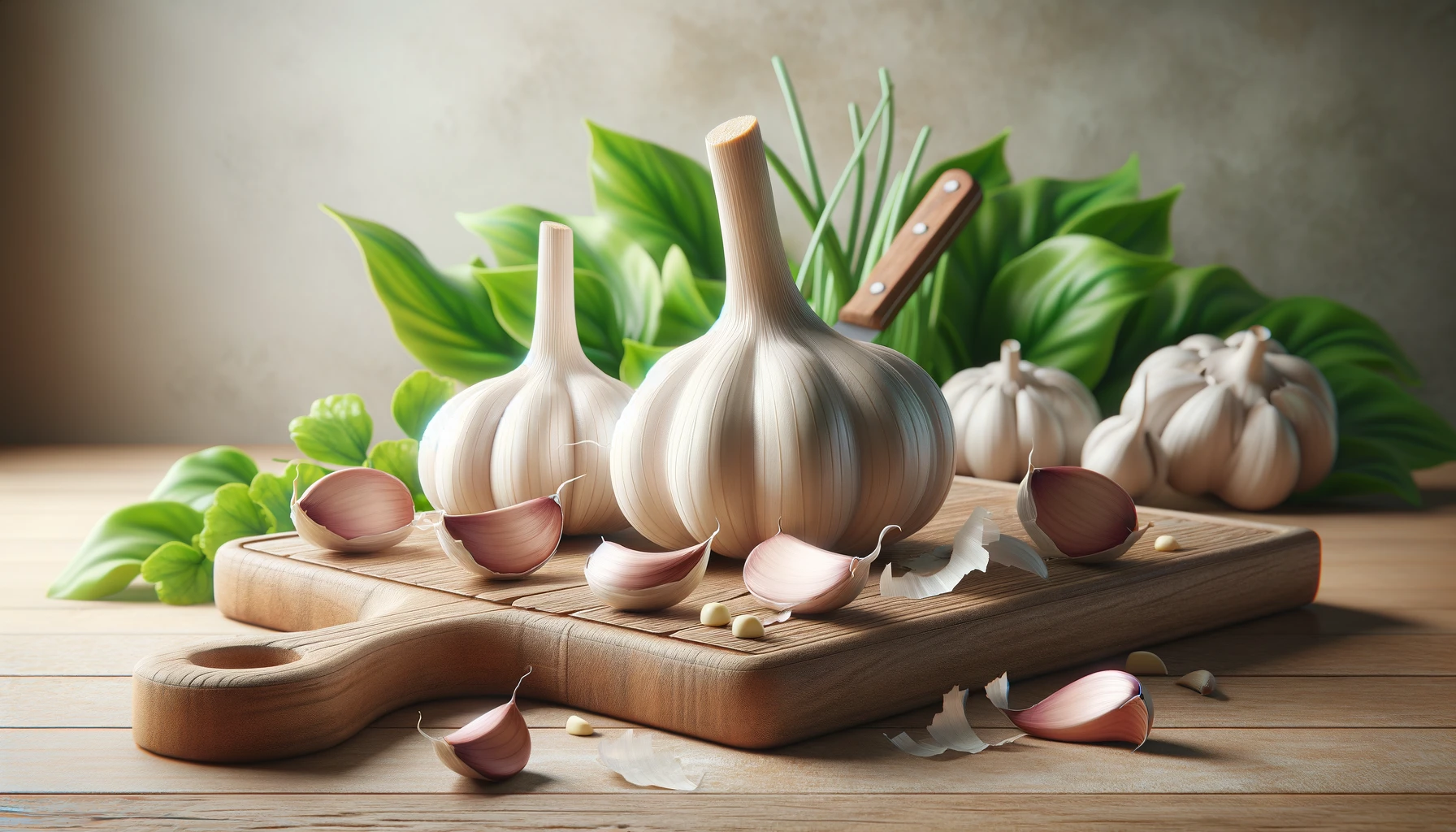Check out this answer from Consensus:
The current body of research suggests that garlic, particularly aged garlic extract, can significantly enhance immune cell function, reduce inflammation, and provide antiviral benefits. These effects collectively contribute to a stronger immune system and reduced severity of illnesses. While more long-term studies are needed to fully understand the extent of garlic’s immunomodulatory properties, the existing evidence supports its use as a complementary treatment for boosting immunity.
Garlic (Allium sativum) has been used for centuries not only as a culinary ingredient but also for its medicinal properties. Recent scientific studies have explored its potential benefits in enhancing the immune system. This article reviews the current research on garlic’s immunomodulatory effects, focusing on its ability to boost immune function and reduce the severity of illnesses.
Garlic and Immune Cell Function
Several studies have demonstrated that garlic can enhance the function of various immune cells. Aged garlic extract (AGE) has been shown to improve the proliferation and activation of γδ-T cells and natural killer (NK) cells. In a randomized, double-blind, placebo-controlled study, participants who consumed AGE for 90 days exhibited better proliferation and activation of these immune cells compared to the placebo group. This enhancement in immune cell function was associated with a reduction in the severity of cold and flu symptoms1 6 7.
Anti-Inflammatory Effects
Garlic also exhibits significant anti-inflammatory properties. A meta-analysis of randomized controlled trials (RCTs) found that garlic supplementation significantly reduced levels of circulating C-reactive protein (CRP) and tumor necrosis factor-alpha (TNF-α), both of which are markers of inflammation. This reduction in inflammatory markers suggests that garlic can help modulate the immune response, potentially leading to less severe inflammatory reactions during infections5 10.
Antiviral Properties
Garlic and its organosulfur compounds (OSCs) have shown potential antiviral activity in both pre-clinical and clinical studies. These compounds can block viral entry into host cells, inhibit viral RNA polymerase, and downregulate signaling pathways involved in viral replication. Clinical studies have further demonstrated that garlic can enhance the immune response, providing a prophylactic effect against widespread viral infections4.
Effects on Specific Populations
Research has also explored the effects of garlic on specific populations, such as fish and crabs, to understand its broader immunomodulatory effects. For instance, dietary garlic improved the skin mucosal immune responses and growth performance of Caspian roach fry, indicating its beneficial effects on immune parameters and overall health3. Similarly, garlic powder supplementation enhanced the antioxidant capacity, immunity, and intestinal flora of Chinese mitten crabs, further supporting its role in boosting immune function9.
